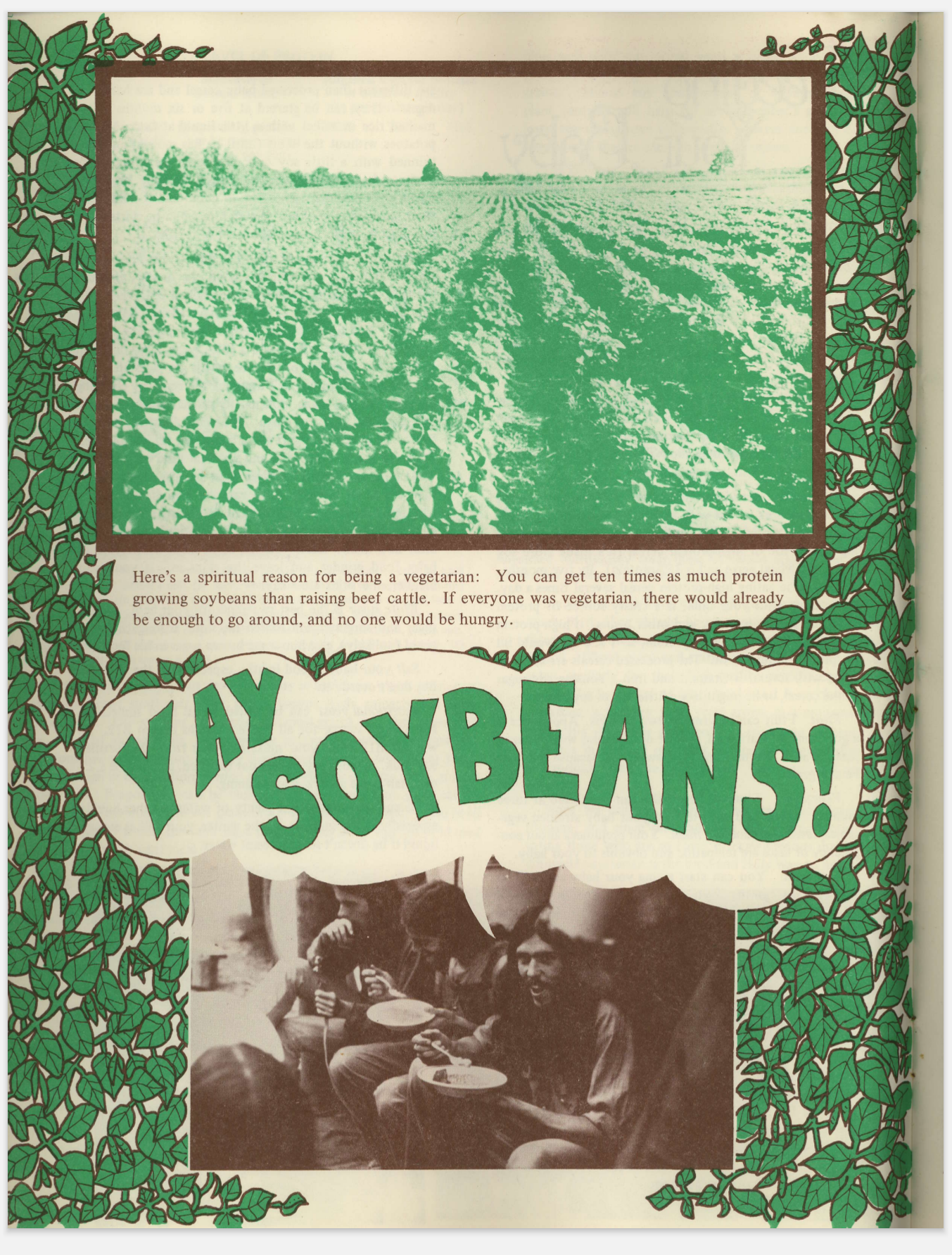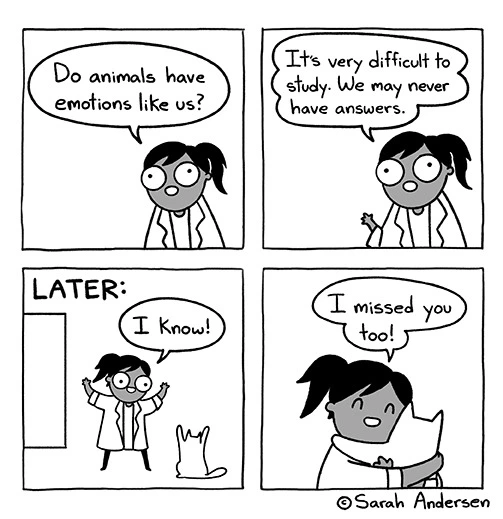I got some bloodwork done recently and in the words of my physician my results were great. This news has put me in a good, affirming, and reflective mood about the journey so far.
Going vegan seemed like a big deal at first, when I considered it before taking the plunge (I was already vegetarian) and afterwards when learning to socialize around food with non-vegans, but after a couple years it's just become what I do. And it's not a big deal to me that my diet isn't the norm. I do live in a big cosmopolitan city, which definitely makes being vegan easier.
It took me a couple years before I clued into supplementing. PSA: If you're vegan, you should take a B12 supplement of some form. Supplementing other things isn't as important.
Just about my only frustration is the greater cost of prepared goods and sweets, which I privately dub the ‘vegan tax’ lol. Vegan donuts or ice cream are twice or thrice the price of their equivalents. That kind of thing. It add ups if you have a sweet tooth like me :P, although maybe the added financial cost has some health-related benefits related to number of donuts consumed per year, etc.
I've never thought about going back, as in eating animal products again. I do do a couple non-vegan things for cost reasons at the moment, like I buy jeans from Winners that have the leather patches on the rear that jeans are seemingly are obligated to bear. My cosmetics and bathroom products are probably not all vegan, although many are. I recently learned that my water-based sexual lubricant probably isn't vegan due to glycerin. That's a new frontier of learning for me :)
In the last couple years I’ve started only using the term vegan with other vegans, as a shorthand, or when I want to refer to the underlying philosophy. In everyday conversation I use "plant-based", as I don't want non-vegans to feel judged, because I think many feel judged simply by hearing the word regardless of my intent, and I ultimately think their feeling judged is counterproductive.
I think going vegan changed me a little in ways I didn't expect, like it generally made me a more critical thinking, conscientious, and compassionate person over time. If I could have cloned myself before I went vegan and compared two versions of me - with and without being vegan the last 8 years – I think the vegan me would score higher on a measure of anti-racism or anti-ableism or egalitarianism, know more about greenwashing, and be more critical of the effects of capitalism – just as examples. That’s just a guess. And I might be confusing cause and effect. As I understand it now, veganism is more central to my identity and worldview than practically anything.
To celebrate my veganniversary I think I might try to make my first vegan pizza! I’ve had delicious vegan pizzas before with vegan cheese, nooch, slices of potato, and pesto as a base versus tomato sauce. Other toppings as well, but I highlight those as I think they combine cheesiness, creaminess, and saltiness to approximate traditional pizza cheesiness quite desirably. Time for me to try making it on my own!
Thanks for listening to my rambles. Feel free to chime in with your own!



